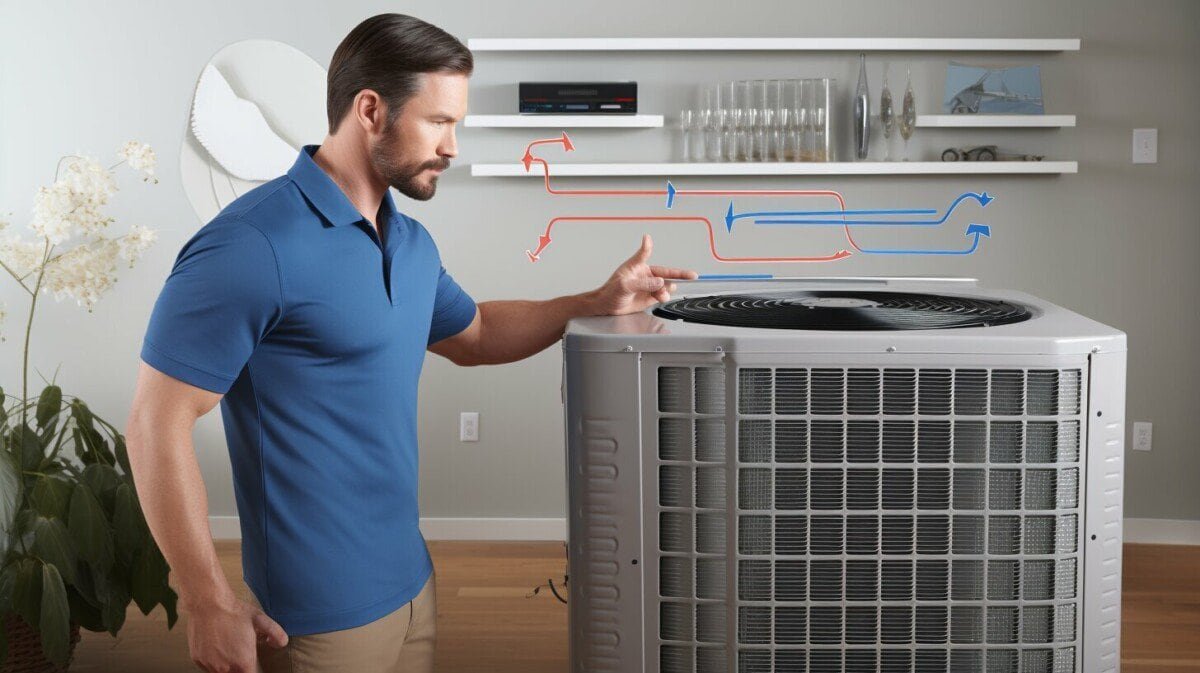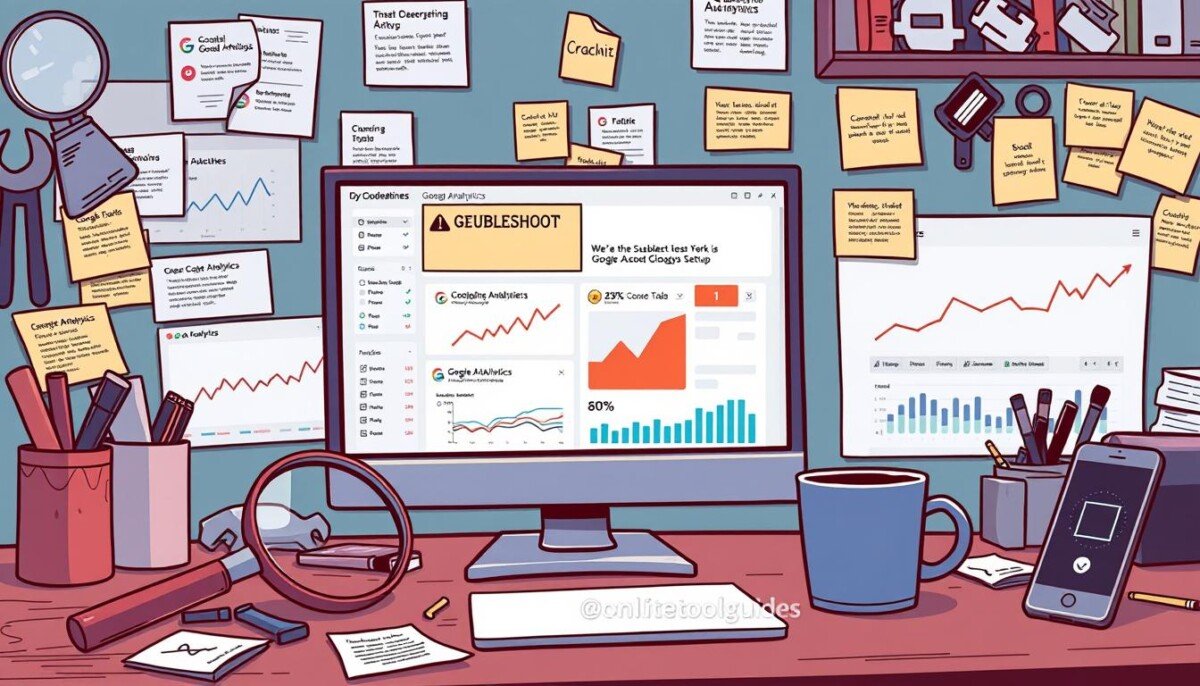If you’re experiencing issues with your air conditioner not working, don’t panic – there are common problems that can be fixed without professional help.
In this section, we’ll cover the main issues that may prevent your AC from working and provide practical solutions. From not turning on to weird noises, there are several things to look out for when troubleshooting AC problems.
AC Not Turning On
If you’re experiencing an AC that does not turn on, there are several things you can check before calling a professional technician. Start with the following:
- Check the thermostat: Make sure the thermostat is set to “cool” and not “off” or “fan only.” Also, ensure it’s set to a temperature that’s lower than the current room temperature.
- Replace batteries: If your thermostat is battery-powered, replace the batteries and clean the contacts. Corrosion on the battery contacts can also prevent the unit from turning on.
- Check the fuse box: A blown fuse or a tripped circuit breaker can also be responsible for an AC not turning on. Check the fuse box and reset the circuit breaker if needed.
- Check the capacitor: A faulty capacitor can also prevent the unit from turning on. If you suspect this might be the issue, call a professional technician to help you replace it.
Remember to always turn off the power to your AC unit before attempting any troubleshooting procedures.
AC Not Cooling
If your AC is running but not cooling, there are a few things you can check to troubleshoot the problem.
Start by checking the air filter; if it’s dirty, it can reduce airflow and cause reduced cooling performance. A blocked or dirty condenser coil can also restrict airflow and affect the cooling capacity of the AC unit. It’s important to keep the coils clean and unobstructed to ensure the best performance.
If the air filter and coils are clean, check the refrigerant level. Low refrigerant levels can cause the AC to stop cooling, and recharging the unit might be necessary. However, refrigerant leaks can also cause low levels and may require a professional to repair.
If none of these solutions work, there might be a problem with the compressor or another part of the AC’s system, which will require a professional’s inspection and repair.
Regular maintenance and cleaning of your AC can help prevent the most common issues that cause your unit to stop cooling. Check the air filter monthly and clean or replace it when necessary. Schedule an annual inspection by a professional to keep your AC running smoothly.
No Airflow
If you’re not getting any airflow from your AC unit, it’s possible that the blower motor isn’t working correctly, or there could be a clogged air duct. Before calling a professional, here are some troubleshooting steps you can take:
- Check the air filter: A dirty air filter can restrict airflow, so make sure to replace or clean it if necessary.
- Make sure the registers and air vents are open and unobstructed: Furniture or curtains blocking the airflow can prevent the flow of cool air into your home.
- Check the thermostat settings: Make sure the fan is set to “auto” and not “on.”
If you’ve tried these steps and still aren’t getting any airflow, it’s time to call a professional. They can inspect your AC unit, troubleshoot the issue, and provide the necessary repairs.
Weird Noises
If your AC unit is making unusual noises, it’s best to turn it off and call a professional. Here are some common sounds, their causes, and what you should do:
| Noise | Cause | Solution |
|---|---|---|
| Grinding | Motor bearings are shot | Call a professional |
| Squealing | The belt that drives the blower motor needs replacement | Call a professional |
| Rattling | Loose parts or debris caught in the outdoor unit | Call a professional |
Ignoring strange noises can lead to serious and costly damage. Don’t hesitate to contact an expert to diagnose and solve the issue.
Uneven Cooling
If you notice that your air conditioning system is cooling one area of your home more than others, there may be several reasons for it.
First, check for any gaps around windows or doors. Sunlight and outside air can make your home feel warmer, and closing curtains or shades can reduce the heat coming in and allow the cool air to circulate more effectively.
Another possible cause of uneven cooling is leaky ductwork. If your ducts have gaps or holes, air can escape before reaching every room in your home. Consider having your ductwork inspected and sealed by a professional to improve the overall efficiency of your AC system.
If you still have trouble with uneven cooling, it may be time to upgrade your air conditioning system. An improperly sized AC unit may be working too hard to cool your home, resulting in inconsistent temperature control. Consult with a professional to find the right system for your needs.
Frozen AC Unit
A frozen air conditioner unit is a common problem during hot and humid weather. If your air conditioner is not cooling or the airflow is weak, check for ice buildup on the refrigerant lines and coils before calling a professional. A frozen AC unit can be caused by a variety of issues, including:
| Cause | Solution |
|---|---|
| Blocked airflow | Change the air filter and open all registers and air vents. |
| Low refrigerant levels | Call a professional to recharge the refrigerant level. |
| Dirty evaporator coils | Clean the coils with a soft brush or cloth. |
If you notice ice buildup, turn off your air conditioner and let the ice melt. This could take several hours. Once the ice has melted, check the air filter and clean the coils. If the issue persists, you may need to call a professional.
Maintenance Tips
Regular maintenance is crucial to keep your AC unit running smoothly and prevent common problems. Here are a few simple tips you can follow:
| Maintenance Task | Frequency |
|---|---|
| Clean or replace air filter | Monthly or as needed |
| Clean evaporator and condenser coils | Annually or as needed |
| Check refrigerant level | Annually or as needed |
| Clean or replace air vents | Annually or as needed |
| Check fan speed | Annually or as needed |
| Inspect electrical components | Annually or as needed |
In addition to these tasks, consider having your AC inspected by a professional annually, especially before the summer season. A professional inspection can catch any potential problems before they become bigger issues.
Other Tips
- Keep the area around your outdoor unit clear of debris and vegetation
- Use a programmable thermostat to set your AC to an appropriate temperature
- Consider using curtains or shades to block out sunlight during the hottest parts of the day
By following these maintenance tips, you can help ensure that your AC unit runs smoothly and efficiently for years to come.
Can I Use the Same Troubleshooting Tips for My Apple Watch as I Would for My AC Not Working?
Can I use the same troubleshooting tips for my Apple Watch as I would for my AC not working? If you’re experiencing issues with your Apple Watch, it won’t be helpful to apply AC troubleshooting techniques. Instead, focus on apple watch troubleshooting tips & solutions, such as restarting the device, checking for software updates, or contacting Apple support for further assistance. Remember, each device requires specific troubleshooting methods.
What Are Some Common Solutions to AC Problems?
When your AC is acting up, don’t fret! There are several ac troubleshooting tips that might help you out. First, check your air filters to ensure they are clean. Next, inspect the thermostat settings and adjust as needed. Additionally, make sure the condenser unit is clear of any debris. If these tasks don’t solve the problem, it may be time to call a professional.
FAQ
Q: My AC is not turning on, what should I do?
A: First, check the thermostat and make sure it’s set to “cool” and a temperature lower than the current room temperature. If the thermostat is working correctly, check for a blown fuse, tripped circuit breaker, or a faulty capacitor. If none of these solutions work, it may be time to call a professional.
Q: Why is my AC running but not cooling?
A: A dirty air filter or condenser coils can cause reduced cooling performance. Check and replace the air filter if necessary, and make sure the condenser coils are clean and unobstructed. If the refrigerant level is low, call a professional to recharge the unit.
Q: There’s no airflow coming from my AC, what’s wrong?
A: A clogged air duct or problem with the blower motor could be causing no airflow. Check and replace the air filter if it’s dirty, and make sure the registers and air vents are open and unobstructed. If the problem persists, it’s best to call a professional.
Q: My AC is making strange noises, what do they mean?
A: Unusual noises can indicate different issues. A grinding noise could mean the motor bearings are shot, while a squealing sound is a sign that the belt that drives the blower motor needs replacement. A rattling noise could indicate loose parts or debris caught in the outdoor unit. It’s best to call a professional if you hear any strange noises.
Q: How can I prevent my AC from freezing up?
A: Regular maintenance, such as cleaning or replacing the air filter, cleaning the coils, and checking the refrigerant level, can prevent a frozen AC unit. Make sure there is proper airflow and have your AC inspected annually by a professional.
Q: Why does my AC cool one part of my home more than another?
A: Improperly sized AC units or leaks in the ductwork can cause uneven cooling. Check for gaps around doors and windows and use curtains to block out sunlight. You may need to have your ductwork inspected and sealed by a professional.



![Is the [WAH Program] a Scam or a Legit Work from Home Business?](https://onlinetoolguides.com/wp-content/uploads/2021/04/WAH-SCAM-Feature-Image.jpg)